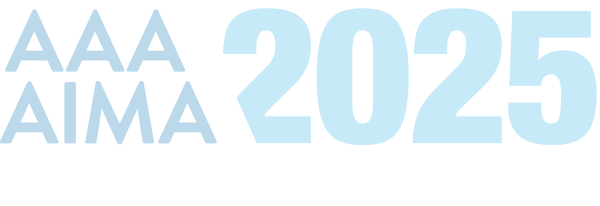
2-5 December 2025
Walyalup/Fremantle, Western Australia
Event Starts in
Day(s)
:
Hour(s)
:
Minute(s)
:
Second(s)

AAA / AIMA 2025 Joint Conference
We are delighted to announce the theme for the 2025 conference and look forward to welcoming you in Walyalup/Fremantle, WA from 2 – 5 December 2025.
It's About Time!
Acknowledgement of Country
We acknowledge the Traditional Owners of the land on which the conference will be held, the Whadjuk people of the Noongar nation, and pay our respects to Elders past, present and emerging.
Keynote Presentations
The AAA/AIMA 2025 Joint Conference will feature a series of compelling keynote presentations from leading voices in archaeology and maritime archaeology.
Our keynote speakers will offer fresh insights, challenge perspectives, and spark important conversations in line with this year’s theme, It’s About Time!
Stay tuned — keynote details to be announced.
Walyalup / Fremantle
Important Dates
Call for Sessions Opens
26 Mar 2025
Call for Sessions Closes
30 April 2025
Session Acceptances Issued
9 May 2025
Call for Abstracts Opens
19 May 2025
Registration Opens
19 May 2025
Call for Abstracts Closes
13 June 2025
Subsidy Applications Open
19 May 2025
Abstract Acceptances Issued
11 July 2025
Subsidy Applications Close
11 July 2025
Subsidy Acceptances Issued
18 July 2025
Speaker Registration Deadline
1 September 2025
Draft Program Released
30 September 2025
Early Bird Closes
30 September 2025
Final Program Released
31 October 2025




